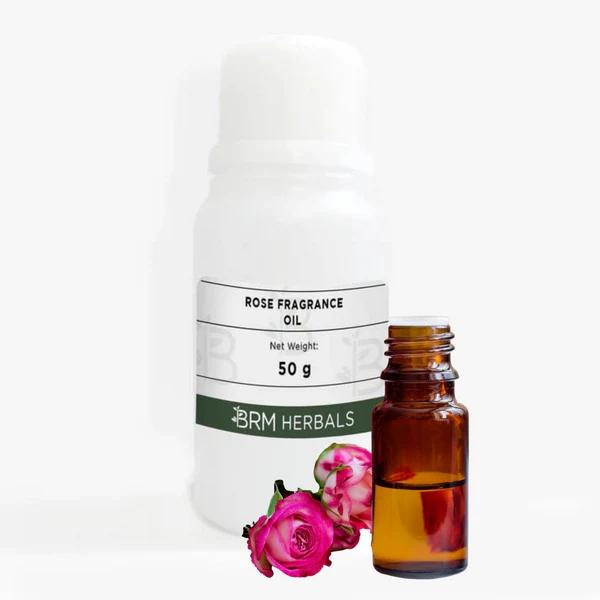When it comes to soap making, incorporating the right fragrance can elevate your creations from ordinary to extraordinary. Among the myriad options available, rose fragrance oil stands out as a timeless favorite. Its delicate floral aroma not only soothes the senses but also adds a luxurious touch to handmade soaps. In this blog, we’ll explore why rose fragrance oil is a must-have in your soap-making journey and share tips on using it effectively.

Why Choose Rose Fragrance Oil for Soap Making?
Rose fragrance oil is a versatile and popular choice for several reasons:
- Classic and Timeless Aroma
The enchanting scent of roses never goes out of style. Whether you’re crafting soaps for personal use, gifts, or sale, the floral fragrance appeals to a wide audience. - Relaxation and Mood-Enhancing Properties
The soothing aroma of rose fragrance oil is known to promote relaxation and reduce stress. It can transform an everyday bath into a calming, spa-like experience. - Complimentary Pairing
Rose fragrance oil pairs beautifully with other essential oils and fragrance oils, such as lavender, sandalwood, or citrus. This allows for endless creativity in your soap designs.
Using Rose Fragrance Oil in Soap Making
Here’s how you can incorporate rose fragrance oil into your soap-making process:
1. Choosing the Right Base
Select a soap base that complements the floral scent, such as shea butter or goat’s milk. These bases are mild and allow the rose fragrance oil to shine.
2. Adding the Oil
- For a mild scent, use about 0.5 ounces of rose fragrance oil per pound of soap base.
- For a stronger aroma, increase the amount to 1 ounce per pound.
Always follow the recommended usage rates provided by the manufacturer to ensure safety and quality.
3. Blending for Unique Scents
Experiment with blends! For example:
- Romantic Rose: Combine rose fragrance oil with a hint of vanilla.
- Fresh Garden: Blend rose with a touch of mint or eucalyptus.
4. Enhancing with Natural Additives
Add dried rose petals, pink clay, or mica powder to give your soaps a luxurious, handcrafted appearance.
Tips for Working with Rose Fragrance Oil
- Test for Skin Safety
Always perform a patch test to ensure that the oil is skin-safe and won’t cause irritation. - Control Discoloration
Some fragrance oils may cause slight discoloration in soap. To maintain a clean look, use white or light-colored bases. - Store Properly
Keep your rose fragrance oil in a cool, dark place to preserve its potency and aroma over time.
Benefits of Using Rose Fragrance Oil in Your Creations
- Market Appeal: The romantic and luxurious scent of rose is a crowd-pleaser, making your soaps more attractive to buyers.
- Personalization: Rose fragrance oil allows you to customize your creations, giving each soap a unique identity.
- Therapeutic Value: The calming aroma can enhance the overall bathing experience, making your soaps a favorite among users.
Final Thoughts
Rose fragrance oil is a perfect addition to your soap-making repertoire, whether you’re a seasoned artisan or just starting out. Its timeless scent, versatility, and ability to elevate handmade soaps make it a favorite choice among crafters.
So, gather your materials, embrace the floral allure, and
